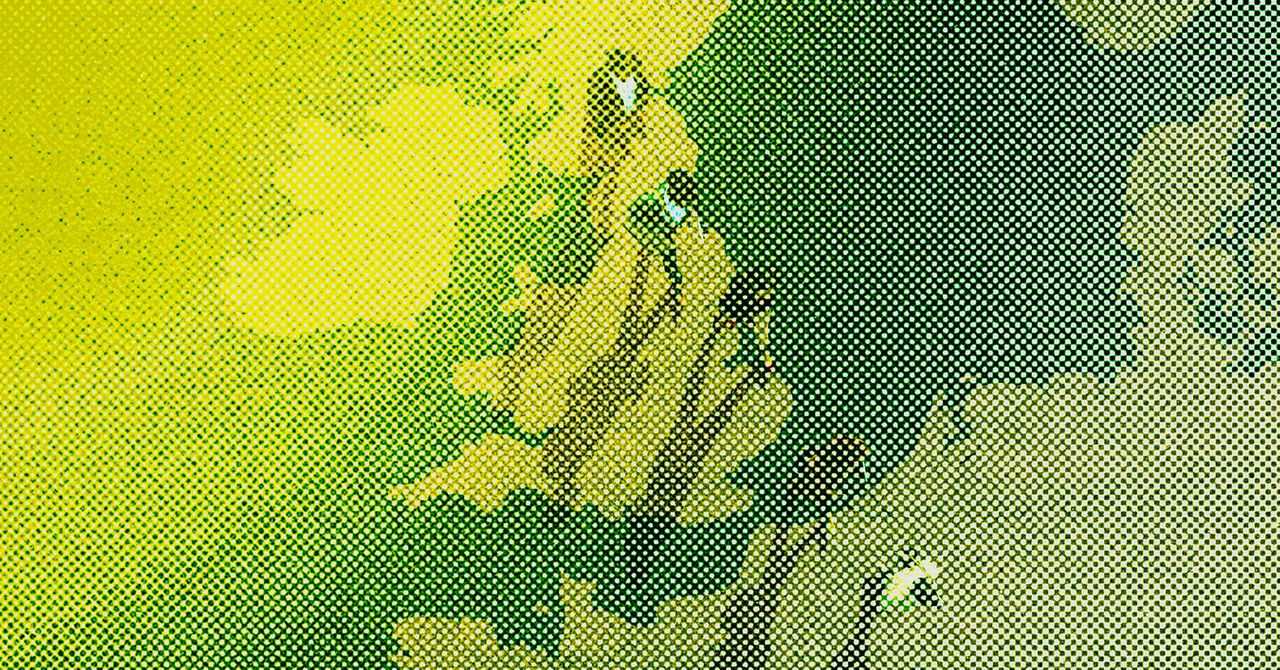Uncanny Valley Podcast Examines Antifa’s Domestic Terrorism Label and Mark Bray’s Experience with Harassment
Overview of the Episode
In the latest installment of the Uncanny Valley podcast, the discussion centers around the recent classification of Antifa as a domestic terrorist organization. This designation has far-reaching implications for political discourse and activism in the United States. The episode features insights from author Mark Bray, who has recently become a target of harassment from far-right groups in response to this designation.
Antifa’s Classification and Its Ramifications
The discussion highlights the significant consequences stemming from the classification of Antifa as a domestic terrorist group. This label not only shapes public perception but also influences law enforcement practices and policy-making regarding protests and civil liberties. Host insights delve into the historical context and evolving definitions of domestic terrorism, emphasizing the increased scrutiny on leftist movements.
Mark Bray’s Experience with Online Harassment
As the conversation progresses, Mark Bray shares his personal experiences with harassment, shedding light on how the far-right’s reaction to his work has intensified. The episode explores the broader implications for freedom of expression and the risks faced by those who engage in political discourse. Bray’s insights serve as a poignant reminder of the challenges faced by activists and scholars navigating a polarized environment.
The Importance of Dialogue in Political Context
Throughout the episode, podcast hosts argue for the necessity of maintaining open dialogue in times of division. They stress that understanding various perspectives, including those labeled as extremist, is crucial for fostering a comprehensive political discourse. By examining events like the labeling of Antifa, the podcast aims to encourage listeners to think critically about the narratives surrounding domestic terrorism.
Conclusion: An Ongoing Conversation
The Uncanny Valley podcast continues to provide a platform for thought-provoking discussions on contemporary political issues. The episode encapsulates the urgent need for nuanced conversations about domestic terrorism, activism, and the implications of targeting specific groups. As society grapples with these complex issues, such dialogues remain essential for promoting a well-informed public.
Listeners are encouraged to tune into this enlightening episode to gain deeper insights into the intersection of activism and political labeling in today’s climate.




